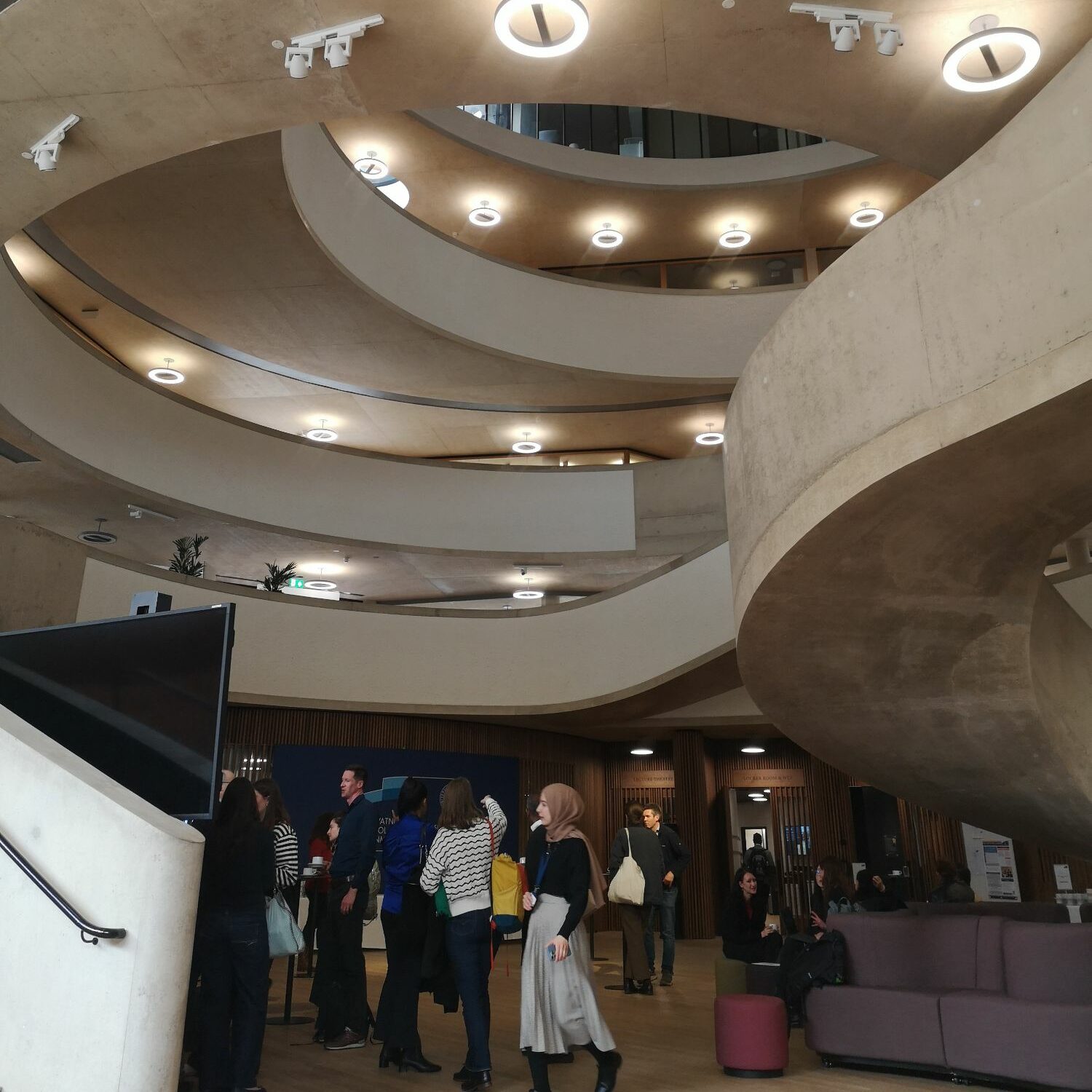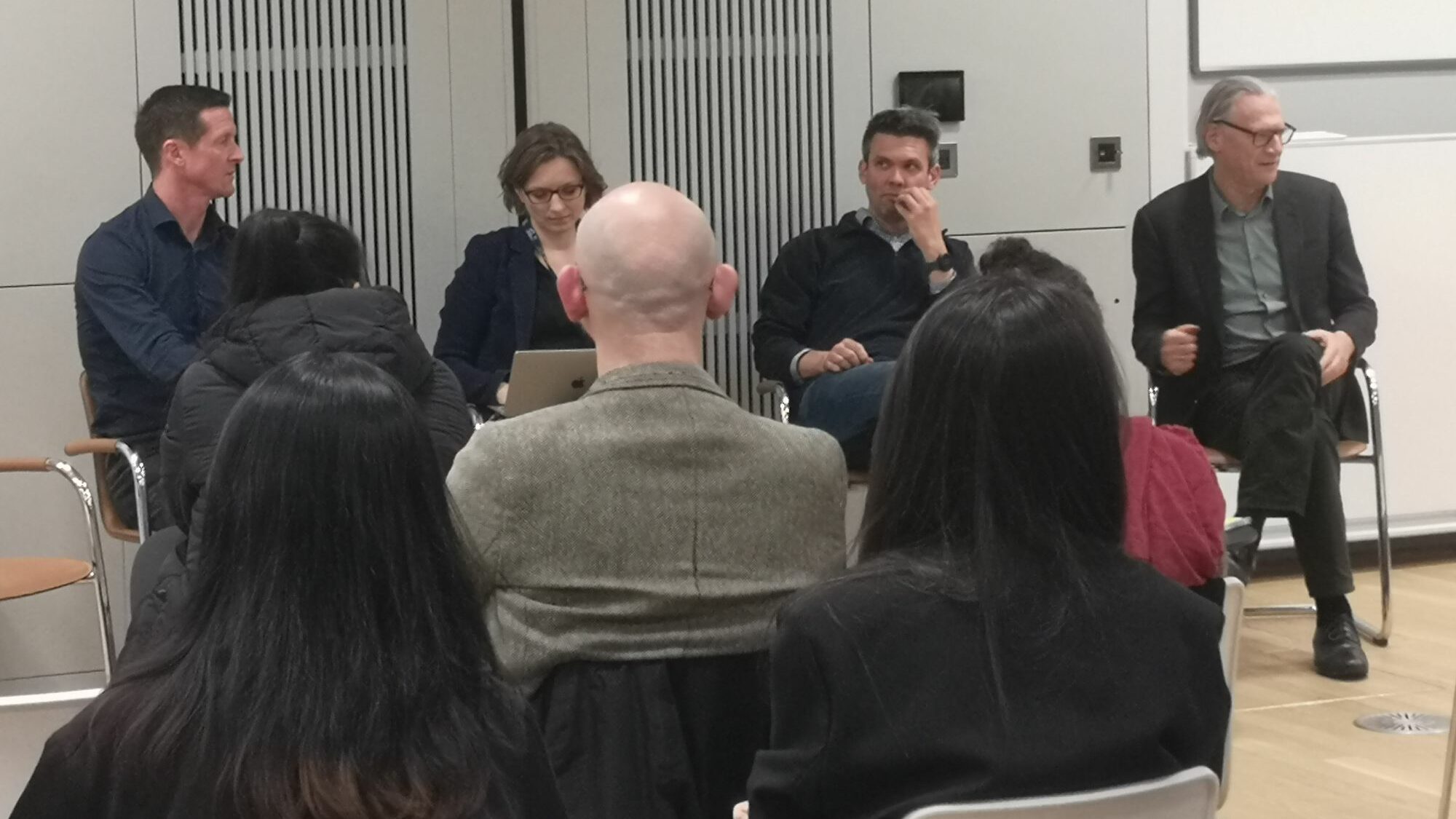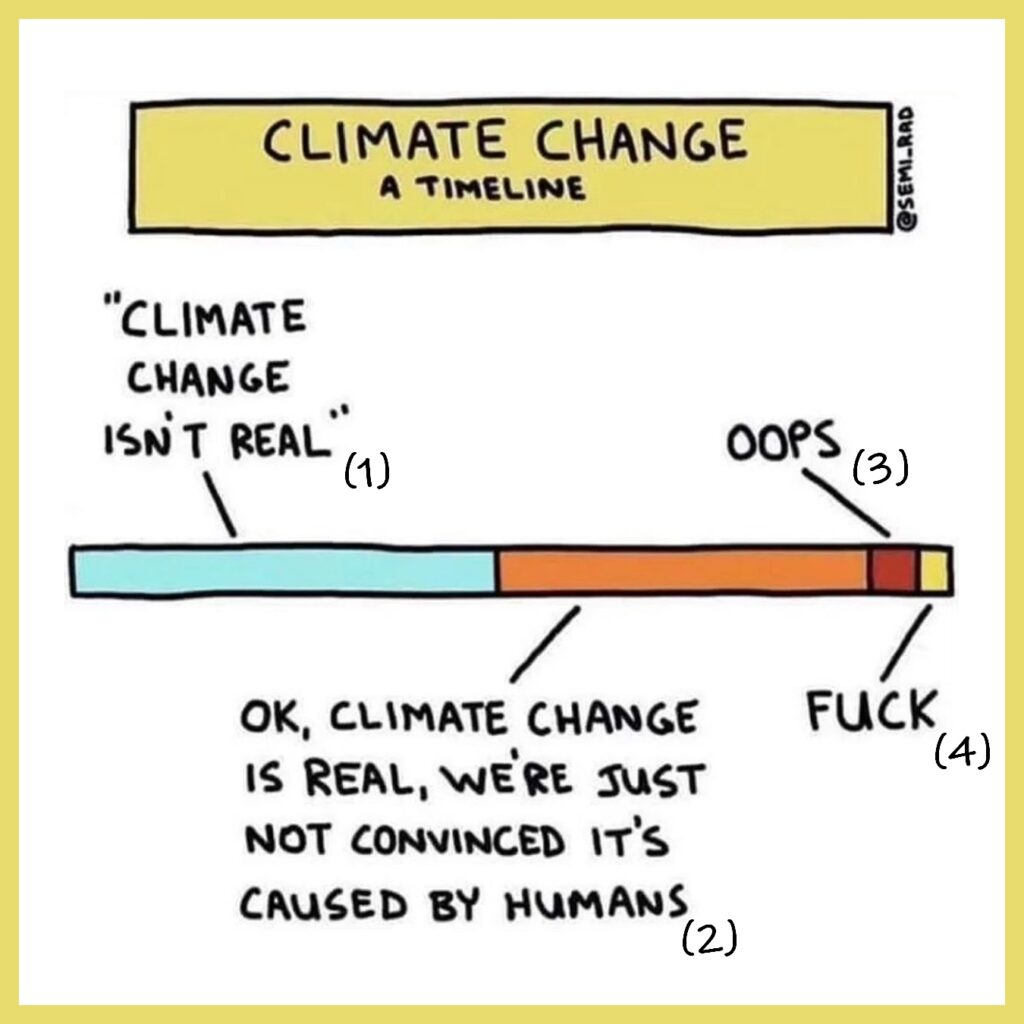Let’s get the shit-shoveling out of the way first. People get twitchy about the word Communism, waving their arms about “utopian” back-to-the-land communes or religious cults that gave up on society and ran off into the woods, on one side and on the other expansionist empires. That’s not what we’re talking about. Those were retreats, both dead ends. They didn’t believe the world can change, so they isolated themselves and built closed states in the shadows of the #deathcult empire we to often live in. That’s not compost, that’s too often decay.
What I would mean by Communism is radically simple: a society based on practical equality. That means everyone has what they need, and nobody gets to hoard. It’s not abstract, it’s built on what people can do and what they really need, no more and no less.
And this grows out of a basic truth, humans are social creatures. We exist inside society, not apart from it. So any real ethics, any workable economics, has to start there. The individual is not some walled-off unit of value, that’s the poison the #deathcult worships. And under the current system, that poison is poured into everything. It’s why we get so much waste, so much suffering, and why inequality isn’t a glitch, it’s the damn #mainstreaming path.
So let’s be honest. There are only two ways to organize society: Slavery or Equality. Everything else is a mask. What we’ve got now is, for most people, the latest version of slavery – Wage Labour – which is just chattel slavery with the branding updated, and the chains made invisible. The #nastyfew ruling class, the “worthy”, decide what’s valuable and over the long term try and squeeze the rest of us dry. These self-declared “useful” people are entirely parasitic. The only productive class is the one they exploit: the workers, the creators, the growers. The rest are just shuffling paper and shifting blame, smoke and mirrors.
Every age has dressed this up differently. Rome had chains. Feudalism had serfs. Now we have debt, wages, and endless hustle. Same shit, different form. But the composting truth, we’ve arrived at a point in history where this can break down. The system that enslaved us has finally created the possibility of liberation. That’s the dialectic, out of the rot, we can grow something living.
Communism does not need to be a dream – it can be a practical toolkit for that growth. It says:
From each according to their capacity, to each according to their need.And when they ask, “But how will you measure someone’s need?” we answer, in a real society, people grow up inside a culture of mutual care. You stop thinking in terms of what you can grab and start thinking in terms of what you can share. The culture composts greed. The idea of stepping on someone else to get ahead just doesn’t make sense anymore.
You want doctors? You make space for people who want to heal, not for those who want a title and a paycheck. The community will support their learning because everyone benefits. A fake doctor who slides through on bullshit credentials won’t last long in a society that knows what real care looks like. The mask won’t work anymore.
Yes, we’ll still need to deal with logistics, conflict, even assholes, “communism” isn’t heaven, it’s just a #KISS honest way to live. And it can maybe handle everything the current system handles, only better. Capitalism is a hack job, it hoards, it wastes, it burns people out. A communal society builds real wealth: time, beauty, knowledge, unpolluted air, clean water, and space to actually live.
And how do we get there? Not by magic. Not by seizing the TV stations and declaring victory. The revolution is already underway. But it’s compost, not dynamite. We’re building a soil layer thick enough for life to grow.
It starts by making more communists, by spreading the seed idea, that equality isn’t just desirable, it’s necessary. It grows when workers demand not just crumbs but real power, not reforms, but transformation. First they fight for better pay, then for control, and finally they realize the masters have no magic, no divine right – just theft, backed by violence and lies.
The change won’t come as a single event. It’s a long decay and regrowth – a shift from brittle control to living interdependence. The capitalist state will still try to crush this change when the time comes, but by then, it could be too late. Its legitimacy will have rotted away. People will already be walking, building the alternative paths.
In short:
I could be a Communist because the current system is slavery with marketing.
I could be a Communist because I believe in people, not profit.
I could be a Communist because the future can be communal, or there will be no future.It’s not utopia. It’s not perfect. It’s just a path forward that doesn’t end in collapse, burnout, and brutal inequality. This isn’t a manifesto. It’s a spade in the soil. Time to dig.








